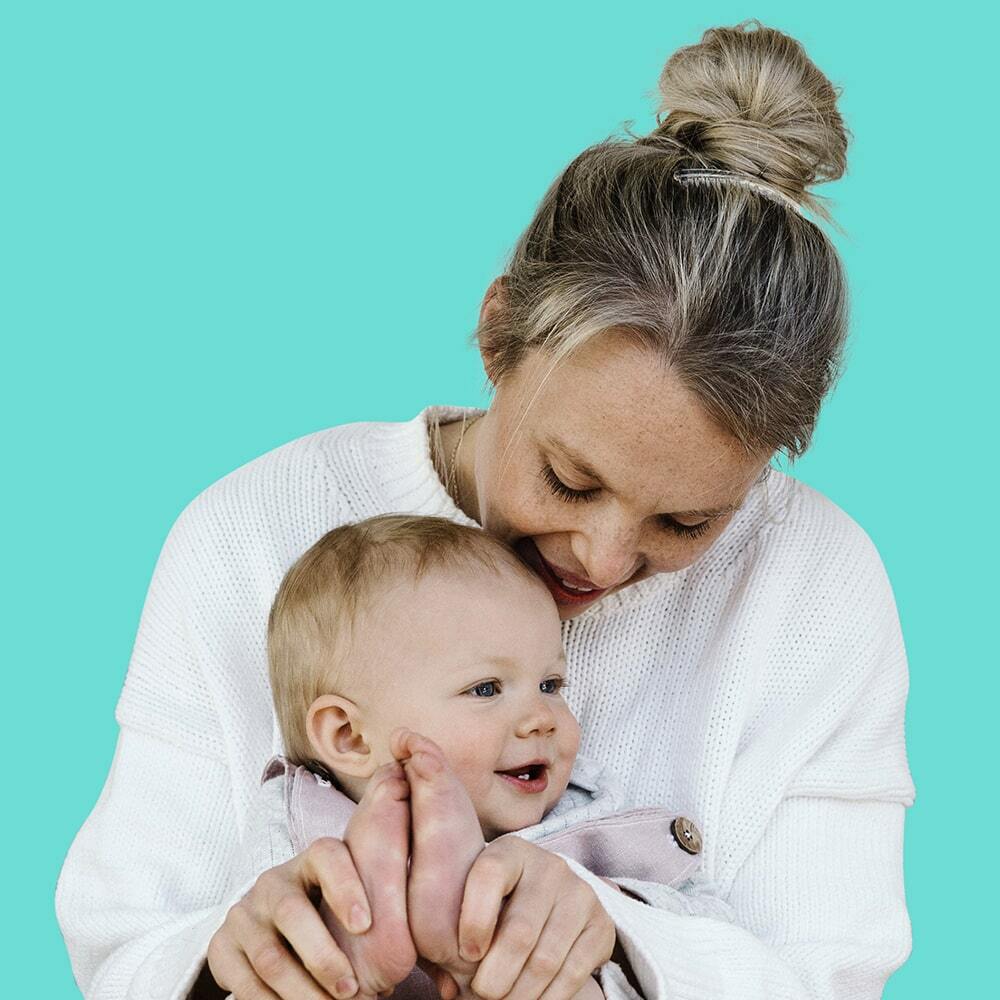How Long Does The IVF Process Take?
9 March 2021

9 March 2021

Going through fertility issues is often a frustrating and heartbreaking journey. Thankfully, with today’s medical advancements, conceiving may still be possible with IVF. Most likely, you’ve been trying conceive for a long time now, how much longer will it take to conceive with IVF?
Each IVF cycle is considered one round of treatment. The cycle starts of Day 1 of your period and ends with a pregnancy blood test. The IVF process timeline can differ slightly for every person, depending on their needs. For some, additional medication or injections are needed before Day 1 of your period.
IVF, or in vitro fertilization, refers to a series of procedures that are used to help with fertility. During IVF, an egg retrieval or egg collection takes place, where they are taken from your ovaries. They are then fertilised by sperm, either your partner’s or a donor’s, in a lab. Once fertilised, they are transferred into your uterus, where it is hoped implantation will take place and lead to a successful pregnancy.
Stimulation phase
Treatment begins with medication to stimulate your ovaries to stimulate egg production. The prescribed medication is taken for 8 to 14 days and is usually administered as an injection.
At the end of the stimulation phase, a trigger injection is given to mature or ripen the eggs. The timing of this step is crucial – the eggs need to be retrieved before ovulation takes place.
Egg retrieval
This can take place at the hospital 34 to 36 hours after the trigger injection (and before ovulation).
Your specialist will use the latest ultrasound technology to guide a needle into each ovary, and with expert precision, retrieve the eggs. This procedure lasts 20-30 minutes and you will be required to go under sedation.
Fertilisation
If you are using your partner’s sperm, he will produce a sample on the morning of the egg collection. Your eggs are then combined with the sperm to fertilise naturally – just like they would in your body - but in a lab!
The inseminated egg(s) are then placed in a specialised culture incubator for about 17 hours. If an embryo forms, it will be watched and aided with the perfect growing conditions for five or six days.
Embryo transfer
If your embryo develops, the next step is to transfer it into your uterus. This is a simple process, similar to a pap smear – and only takes about five minutes. You will need a full bladder though for the ultrasound to guide the embryo transfer.
The pregnancy blood test
About two weeks after the embryo transfer, you undergo a blood test to measure your levels of hCG (human chorionic gonadotropin) hormone. This will indicate pregnancy and whether or not the cycle was successful.
This is just a summary of what the IVF process looks like. For a more detailed dive into the step-by-step process, view our IVF Process page.
As you can see, each IVF cycle takes about 28-40 days (or even longer), or about the length of a normal ovulation cycle. Unfortunately, there are no guarantees when it comes to IVF, some people may need to undergo a number of cycles before being successful. The chances of falling pregnant on IVF are different for everybody, so it’s important to book a consultation with one of Monash IVF’s expert fertility specialists so they can tailor a treatment plan for you.

Wherever you are on your journey, one of our supportive nurse enquiry team members can help you understand your options and take the next step. These conversations are free and informative.